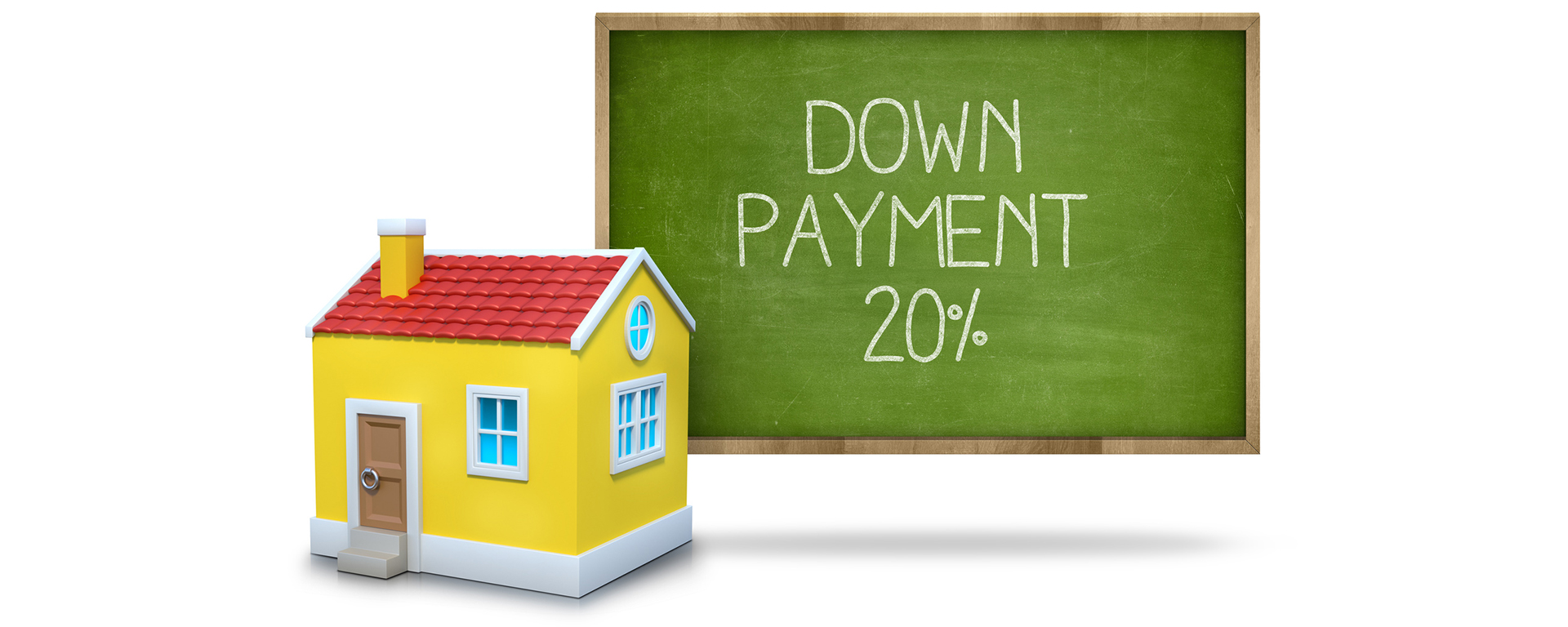
Is it possible to have a down payment strategy in today’s sizzling Canadian real estate market? From the Prairies to Atlantic Canada, it is clear that all kinds of residential properties are rising in value. And while there are obvious advantages of putting 20% down on your home, current conditions are posing challenges to many homebuyers.
When you factor in higher interest rates, rampant price inflation, and accelerating price growth for single-family homes and condominium units alike, it can be a challenge for prospective homebuyers to find a place.
One of the biggest hurdles for buyers to overcome is the down payment.
According to the federal government’s rules, homebuyers need a minimum of five per cent down payment in order to purchase a home. This number climbs depending on certain thresholds. Twenty per cent is the minimum required to avoid paying mortgage loan insurance.
But is 20 per cent doable in this environment? And, if so, is it worthwhile to accumulate that much of a down payment? If possible, having that 20-per-cent down payment can save you a lot of money in the long run and make your life a little fiscally easier during the peaks and valleys of everyday life.
#1 Lower Mortgage Rates
What is your loan-to-value (LTV) ratio? This is a standard measurement for mortgage lenders to determine your risk level to them. Put simply, the smaller your down payment, the higher your LTV ratio will be, which means you might be more of a risk than the bank is unwilling to accept.
The financial institution might also choose to charge a higher interest rate in response to the bare minimum down payment, which is five per cent.
#2 Smaller Mortgage Loan Balance
It can be challenging to save a down payment in today’s real estate market because of how high prices have climbed. You may have reached the threshold, but prices may have gone up another $25,000 or $50,000. Some studies say it can take years to gather enough of a down payment to buy a home, whether it is in Toronto or Winnipeg.
Whatever the case may be, by making a 20-per-cent down payment on your residential property, you can start your 25-year amortization period with a smaller loan balance. This is beneficial because it lowers your monthly payments, preserves equity in your home, and helps when refinancing your home in the next period.
#3 Reduced Interest Costs
Interest expenses can eat into your mortgage payments, whether a traditional mortgage from one of the big banks or a private mortgage from an individual lender.
Although interest rates are historically low, they are gradually climbing up again, meaning that it will be more expensive to service your debt. But you can cushion the higher debt-servicing costs by providing a larger down payment that could save you tens of thousands of dollars over the life of the mortgage.
A larger down payment can essentially prepare you for an environment of rising rates throughout the credit economy.
#4 More Affordable Monthly Payments
It is simple enough: the higher your down payment, the lower your monthly payments. Indeed, gathering enough dollars and cents over several years to generate a sizeable down payment can diminish the financial strain of having a monster mortgage in the years to come. Suffice it to say, you are making the sacrifices now to have a sizeable down payment rather than worrying and enduring headaches about whether you can manage your monthly mortgage payments in the future.
#5 Easier to Budget Your Money
This ties in with the previous point, but it still deserves its own mention.
By providing your lender with a 20-per-cent down payment, effectively reducing your interest costs and overall monthly mortgage payments, you can make it easier to budget your money. When rampant price inflation is imbibing households’ earnings and savings, you want to have lower debt totals. The best way to facilitate this objective is to have an immense down payment that can trim your mortgage payments every month.
Conclusion
The Canadian government recently announced a new tax-free savings account for first-time homebuyers. They can use this account for their down payment, which can benefit millions of Canadians trying to dip their toes in this red-hot housing market. But is it enough? Considering that 90 per cent of Canadians feel locked out of the real estate industry, it could be a trying endeavour for too many families.
Still, compiling an enormous down payment can be the short-term pain that will lead you to long-term prosperity if you have the means from the beginning of the home purchasing process. And, of course, you still accomplish the Canadian dream of homeownership.